Preventive Healthcare
Hemophilia - What It Is?, Symptoms,Causes, Types And Treatment
6721 Views
0
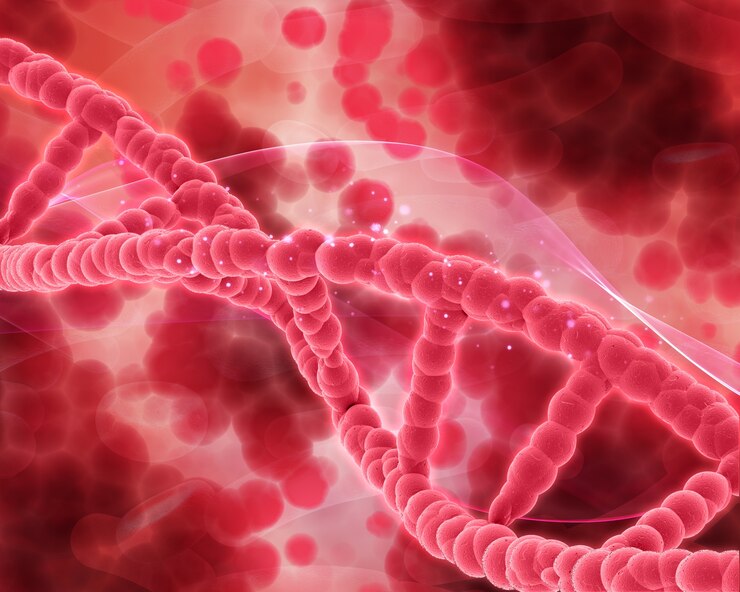
Hemophilia is a rare blood disorder that prevents the blood from clotting properly. People with hemophilia typically bleed for longer than normal after an injury and are at risk for excessive bleeding and blood clots.
Two main types of hemophilia, type A and type B, are caused by different genetic mutations. Hemophilia A, the most common type of disorder, is caused by a mutation in the F8 gene. Hemophilia B, however, is caused by a mutation in the F9 gene.
Although there is no cure for hemophilia, treatment can help to manage the symptoms and prevent complications. With proper care, people with hemophilia can live full and healthy lives.
Hemophilia Causes
Hemophilia occurs when there is a deficiency of one of the proteins needed for blood clotting, known as factors VIII or IX. The level of factor deficiency determines the severity of hemophilia.
A person with mild hemophilia may bleed only after surgery or a serious injury, while someone with severe hemophilia may bleed spontaneously or even with minor trauma.
Hemophilia is usually inherited, although in some cases, it can be acquired through infection or exposure to certain chemicals.
Hemophilia Types
There are four main types of hemophilia, distinguished by the specific clotting protein affected.
Hemophilia A
Hemophilia A, also known as classical hemophilia, is the most common type of condition. It results from a deficiency of factor VIII, a protein that helps to control bleeding.
Hemophilia B
Hemophilia B, also known as Christmas disease, is caused by a deficiency of factor IX. This type is less common than hemophilia A.
Hemophilia C
Hemophilia C, also known as Rosenthal syndrome, is caused by a factor XI deficiency. This type is relatively rare.
Acquired Hemophilia
Finally, acquired hemophilia is not hereditary and can occur at any age. It results from the development of antibodies that attack and destroy clotting proteins. Acquired hemophilia is very rare, but it can be potentially life-threatening if not treated promptly.
Hemophilia Symptoms
Many people with hemophilia experience little to no symptoms, especially if they receive treatment to prevent bleeding episodes. However, some people may experience symptoms such as:
Joint Pain And Swelling:
Joints affected by hemophilia may become hot, swollen, and painful. The joint may also feel tight, making it difficult to move. In severe cases, the joint may be permanently damaged.
Muscle Bleeds:
A muscle bleed may cause pain, swelling, and tenderness in the affected area. The muscle may also feel weak. In severe cases, the muscle tissue may die (necrosis), leading to paralysis.
Bleeding Into The Tissue Around The Joints (Hemarthrosis):
This can cause pain, heat, redness, and swelling in the affected area. Hemarthrosis can damage joints permanently if not treated promptly.
Bleeding In The Brain (Intracerebral Hemorrhage):
Intracerebral hemorrhage is a medical emergency. Symptoms may include headache, vomiting, confusion, seizures, and weakness or paralysis on one side of the body.
Gastrointestinal Bleeding:
Gastrointestinal bleeding can cause black stool or vomit that looks like coffee grounds. You may also experience abdominal pain or bloating. If the bleeding is severe, you may go into shock.
Nosebleeds:
People with hemophilia often have nosebleeds that are frequent, prolonged, and difficult to control. Epistaxis, or frequent nosebleeds, can lead to anaemia if left untreated. Anaemia is a condition in which there are not enough healthy red blood cells in the body to carry oxygen to the tissues.
Easy Bruising:
People with hemophilia bruise easily due to bleeding under the skin. Petechiae are tiny red or purple spots on the skin that occur due to bleeding under the skin's surface. Purpura is large bruises that happen when blood vessels burst and leak blood into the tissues under the skin.
Hemophilia Diagnosis
Hemophilia diagnosis is typically made through a simple blood test. If hemophilia is suspected, further testing may be needed to confirm the diagnosis. Treatment involves regular infusions of clotting factor concentrates.
Severe cases of hemophilia are usually diagnosed early in life, while milder forms might not be apparent until adulthood. People with a family history of the condition might opt for genetic testing to identify carriers and make informed decisions about pregnancy.
It's also possible to determine during pregnancy if the fetus is affected by hemophilia, although the testing poses some risks to the fetus. Clotting-factor tests help in finding the clotting-factor deficiency and also give an estimate of the severity of hemophilia.
In general, hemophilia is a lifelong condition that requires careful management. With proper treatment, people with hemophilia can lead normal, active lives.
Hemophilia Treatment
There is no cure for hemophilia, but treatments can help to manage the symptoms and prevent complications. One common hemophilia treatment is replacement therapy, which involves infusing the body with clotting factor concentrates.
These concentrates can help the blood clot properly and prevent serious bleeding episodes. Physical and occupational therapy can also help people with hemophilia improve their range of motion and prevent joint damage.
With proper hemophilia treatment, people can lead full and active lives.
Other hemophilia treatment options are:
- Desmopressin
- Emicizumab (Hemlibra)
- Clot-preserving medications
- Fibrin sealants
- Physical therapy
- First aid for minor cuts
Parting Words
If you have a family history of hemophilia or unexplained bruising or bleeding episodes, you must speak with your doctor about getting tested. Early diagnosis and treatment are crucial for preventing serious health complications.
You can now avail of hemophilia testing in the comfort of your home. Book hemophilia tests today with Metropolis India and keep your health in check.













1701259759.webp)



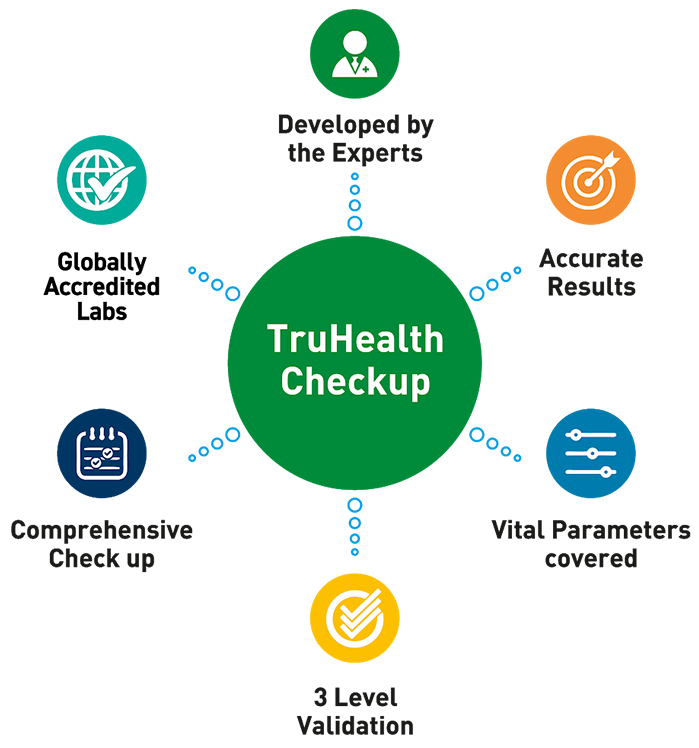

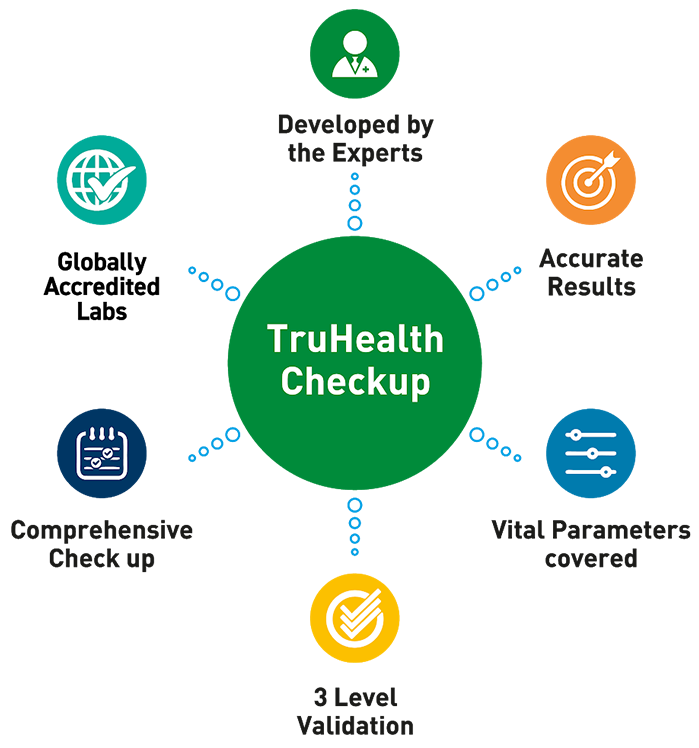
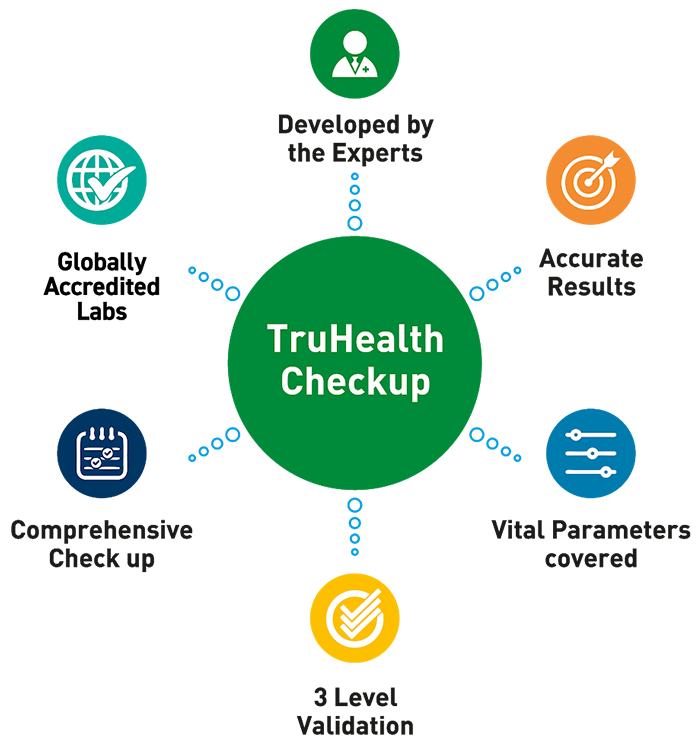
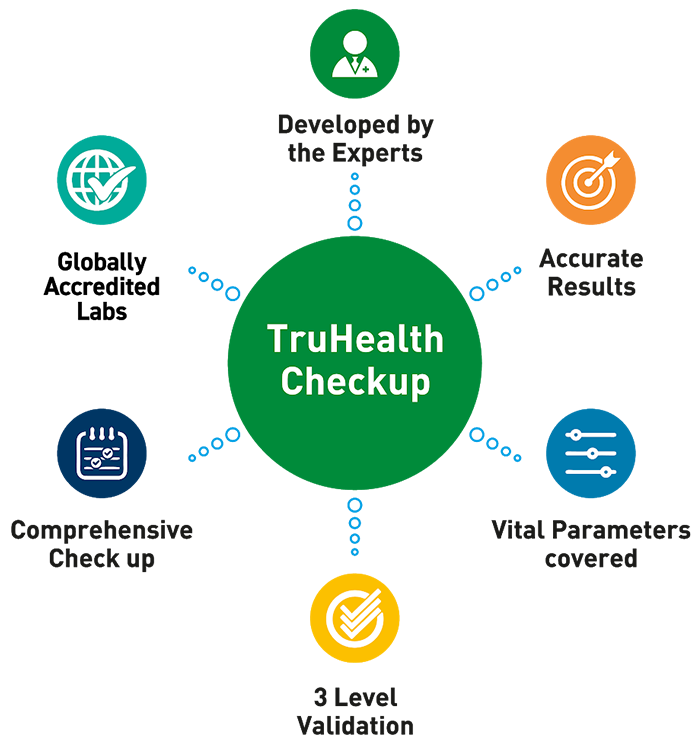
 WhatsApp
WhatsApp